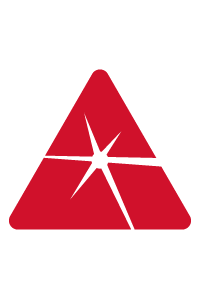Product Code: JLA_23_3_032007
Authors:
Andreas Roesner
Fraunhofer Institute for Laser Technology, Aachen, Steinbachstr. 15, 52074 Aachen, Germany
Sven Scheik
Welding and Joining Institute, RWTH Aachen University, Pontstr. 49, 52062 Aachen, Germany
Alexander Olowinsky
Arnold Gillner
Reinhart Poprawe
Fraunhofer Institute for Laser Technology, Aachen, Steinbachstr. 15, 52074 Aachen, Germany
Markus Schleser
Uwe Reisgen
Welding and Joining Institute, RWTH Aachen University, Pontstr. 49, 52062 Aachen, Germany
Joining of dissimilar materials is gaining more and more importance especially in the automotive industry. The latest international initiatives concerning the average fleet CO2-emissions are forcing manufacturers to reduce fuel consumption and exhaust gas output. This can mainly be achieved by reducing the weight of the vehicles. New methods for weight optimization have been enabled by material selections adapted to local strength requirements. While plastics are characterized by low density, low price, and literally unlimited shaping, metals can withstand distinctly higher mechanical loads. Hybrid components combine the contradictory characteristics of plastics and metal and thus can lead to advantageous construction part properties. As a result, light and concomitantly stiff components can be produced. The need for joining these dissimilar materials without using additional material such as adhesives or primers is a central challenge. A new approach to overcome the problems of state-of-the-art technologies is using laser radiation to ablate the metal surface in order to create microstructures with undercut grooves. When the above placed plastic is melted with laser radiation or induction joining, the material expands into these structures through external clamping pressure and after setting the joining results due to microclamping. In this paper, the influence of different microstructure geometries and the process parameters of this innovative approach are presented and discussed in detail.

$25.00
Members: $25.00
Note: When applicable, multiple quantity discounts are applied once the items are added to your cart.

